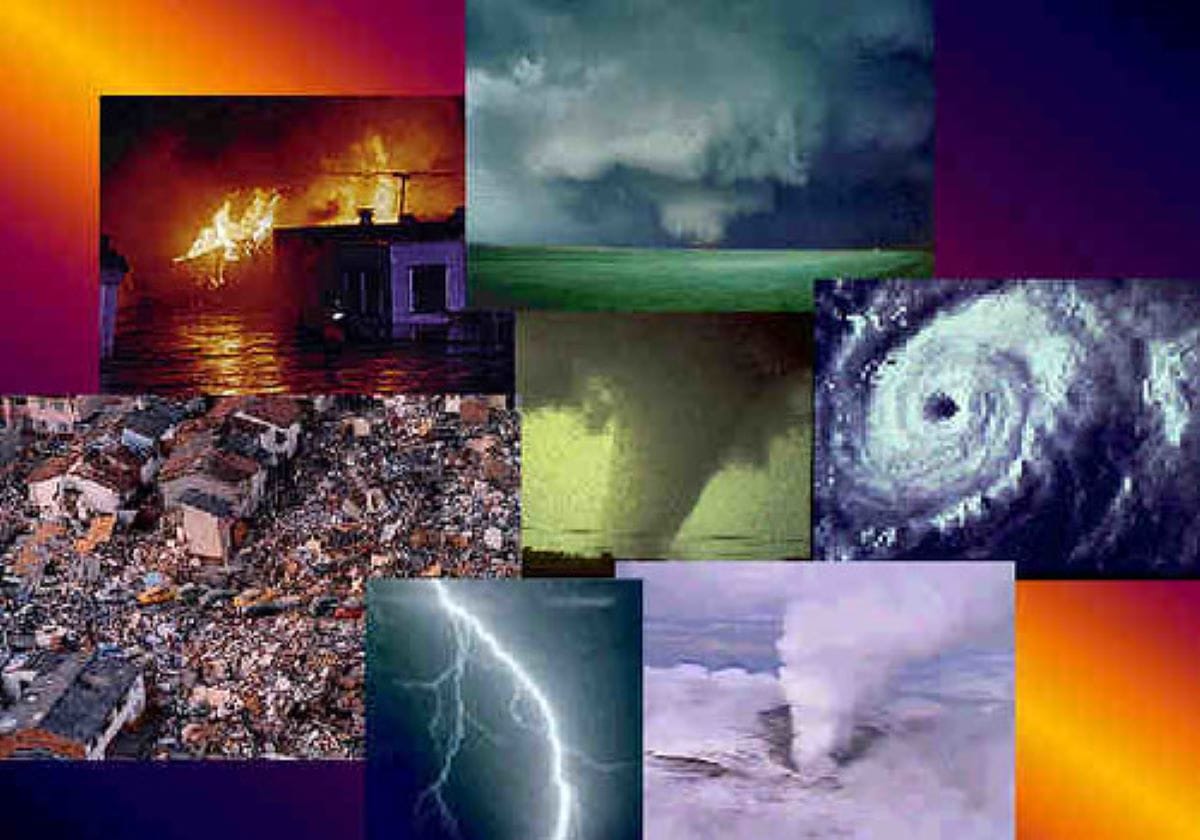In the aftermath of the devastating Los Angeles wildfires, global discussions have been reignited about the root causes, the implications, and the broader meaning behind such calamities. As nations, scientists, religious communities, and individuals grapple with understanding these events, they raise profound questions about humanity’s relationship with nature, responsibility, and destiny. Could these disasters be more than mere natural occurrences?

Global Concern: Nations Respond to Frequent Wildfires
Frequent wildfires, like those in Los Angeles, Canada, and Australia, have become a pressing concern for nations worldwide. Countries heavily affected by these disasters are increasingly vocal about their implications:
- United States: With California often at the epicenter of wildfires, U.S. officials emphasize the need for climate action, improved forest management, and better urban planning to mitigate risks.
- Australia: The bushfires of 2019-2020 spurred Australia to strengthen its firefighting infrastructure and reconsider its environmental policies. However, debates about its reliance on fossil fuels persist.
- European Union: EU countries are adopting more aggressive green policies, including reforestation projects and stricter emission controls, as part of their Green Deal initiative.
- Developing Nations: Countries in South America and Southeast Asia, often facing deforestation-driven fires, urge wealthier nations to fund global environmental efforts and share technological resources.
These international responses highlight a growing acknowledgment that the wildfire crisis isn’t a localized problem but a symptom of a global environmental imbalance.
Scientific Explanations: Why Do Such Disasters Happen?
Scientists attribute frequent wildfires and other natural calamities to a combination of environmental and anthropogenic factors:
- Climate Change: Rising global temperatures lead to prolonged droughts, heatwaves, and unpredictable weather patterns, creating ideal conditions for wildfires. Scientists point out that climate change amplifies natural phenomena like El Niño, making them more destructive.
- Deforestation and Land Mismanagement: Clearing forests for agriculture or urban development not only destroys natural firebreaks but also leaves behind dry, flammable vegetation.
- Human Negligence: From campfires left unattended to discarded cigarettes, human activities are a significant cause of wildfires. The increasing urban-wildland interface also raises the risk.
- Feedback Loops: Wildfires release massive amounts of greenhouse gases, further fueling climate change and creating a vicious cycle of environmental degradation.
While science provides clear answers to the “how” of these disasters, it often leaves the “why” – the moral or existential meaning behind such events – open to interpretation.
Religious Perspectives: Do Holy Scriptures Foretell Such Calamities?
Natural disasters have long been a topic of religious discourse, often interpreted as divine messages, warnings, or judgments.
- Christianity and the Bible: The Book of Revelation, a prophetic text, speaks vividly about end-time calamities. Revelation 11:18 states, “To bring to ruin those ruining the earth.” Many see this as a call to accountability, emphasizing that humanity’s actions, particularly environmental exploitation, have consequences. Some view wildfires as a fulfillment of biblical prophecy, highlighting the need for repentance and stewardship of the Earth.
- Islam: Some Islamic interpretations see natural disasters as signs of Allah’s power and a reminder of humanity’s dependence on divine mercy. The claim that the Los Angeles wildfires were a curse from Allah stems from the belief that such events are a punishment for moral and environmental transgressions. While this view is emotionally charged, it raises the question of humanity’s collective responsibility.
- Hinduism and Buddhism: These traditions often view natural calamities as part of the karmic cycle, a reflection of humanity’s actions disrupting the balance of nature. They stress harmony with the environment as a spiritual duty.
Examining Claims: Are Disasters Divine Punishments?
The idea of natural disasters as divine punishment is not new, but it remains a topic of debate. While such interpretations evoke strong emotions, they also risk diverting attention from practical solutions. Could these events instead be seen as warnings or opportunities for humanity to realign with moral and ethical values?
Focusing solely on the spiritual dimension without addressing scientific realities can lead to inaction. It is essential to balance faith-based interpretations with a commitment to tangible environmental stewardship.
The Correct View: A Call to Responsibility
To understand incidents like the Los Angeles wildfires, a holistic approach is needed—one that integrates scientific understanding, moral responsibility, and spiritual reflection. Here’s a balanced perspective:
- Recognizing Human Impact: Acknowledge that human actions, particularly in relation to climate change, deforestation, and urban sprawl, are significant contributors to the frequency of natural disasters.
- Promoting Sustainable Practices: Adopt and advocate for sustainable practices at individual, community, and national levels. This includes reducing carbon footprints, supporting renewable energy, and protecting natural habitats.
- Emphasizing Shared Responsibility: Whether from a religious or secular viewpoint, humanity’s collective actions shape the planet’s future. Unity and collaboration are essential to tackling global challenges.
- Balancing Science and Faith: While science explains the mechanics of disasters, faith can provide the moral framework for action. Both perspectives are essential in addressing the crisis holistically.
For more engaging content, check out this post, Wildfires in Los Angeles: A Wake-Up Call to a Global Crisis
Building Curiosity: A Look Ahead
The Los Angeles wildfires are not just an environmental issue but a window into broader societal, scientific, and spiritual questions. How does the world, particularly world religions, view such incidents? Are these events uniting or dividing humanity in the quest for solutions? In my next blog, I will explore how different religions and cultures interpret natural calamities. From scriptural insights to philosophical debates, we’ll delve into humanity’s age-old quest to make sense of nature’s fury. Stay tuned for a thought-provoking journey into the intersection of faith, reason, and the environment.
Enjoyed this article?
If you find the blogs helpful, you can support Chatterlane with a small contribution. Even a cup of coffee helps me continue creating useful, well-researched content.


Comments
3 responses to “Are Wildfires and Calamities a Message to Humanity?”
Regards for helping out, good info .
I would like to thnkx for the efforts you have put in writing this blog. I am hoping the same high-grade blog post from you in the upcoming as well. In fact your creative writing abilities has inspired me to get my own blog now. Really the blogging is spreading its wings quickly. Your write up is a good example of it.
Nice Information
url
url
url